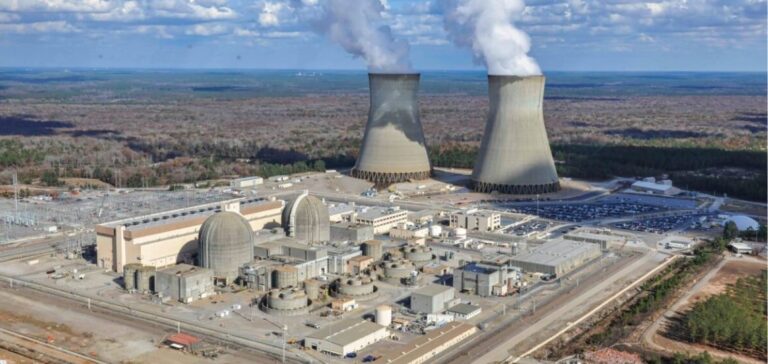Since 1983, Bisconti Research Inc. conducts surveys on American attitudes to nuclear energy. The latest survey, carried out between April 30 and May 2, 2024, shows a clear shift: 77% of respondents are in favor of using nuclear power to generate electricity, while 23% are opposed. This figure marks a turning point compared with the 1980s, when opinions were more divided. The survey, which includes a representative sample of 1,000 U.S. adults with a margin of error of three percentage points, reveals that support for nuclear power has remained stable over the past four years. The results also show strong support for renewing the licenses of nuclear power plants that meet federal safety standards, with 88% in favor.
Support for the Construction of New Power Plants
The survey also shows growing support for the construction of new nuclear power plants. Since 2021, this trend has been confirmed, with 71% of respondents in favor of new reactors. The results show that opinions strongly in favor of nuclear power outweigh those strongly opposed by a ratio of 5 to 1. However, a majority of those questioned had no clear-cut opinion. Nearly two-thirds of respondents fall between moderate support and moderate opposition, indicating a potential for further influencing public opinion through information and education.
Nuclear Knowledge and Perception
The survey also assesses Americans’ level of knowledge about nuclear energy through ten questions. The results show that two-thirds of participants have a low or relatively low level of knowledge, while only 7% have a high level of knowledge. The results show that the more people know about nuclear power, the more favorable they are to it. Among those with a high level of knowledge, 70% strongly support this energy source. Bisconti Research Inc. notes that this link between knowledge and support could be exploited to bolster support for nuclear power through public information campaigns. The analogy drawn by respondents between the renewal of nuclear power plant licenses and that of driving licenses, where safety is the main criterion, shows a positive perception of current safety standards.
Future prospects
Soaring public support for nuclear power in the United States is part of the search for sustainable and secure solutions to meet growing energy needs. This trend could influence future energy policies and encourage the development of new nuclear technologies. In summary, the increase in support for nuclear power in the United States, as illustrated by the Bisconti Research Inc. survey, reflects a significant shift in public attitudes. This dynamic, combined with increased education and information efforts, could consolidate nuclear power’s role in the American energy mix.






















